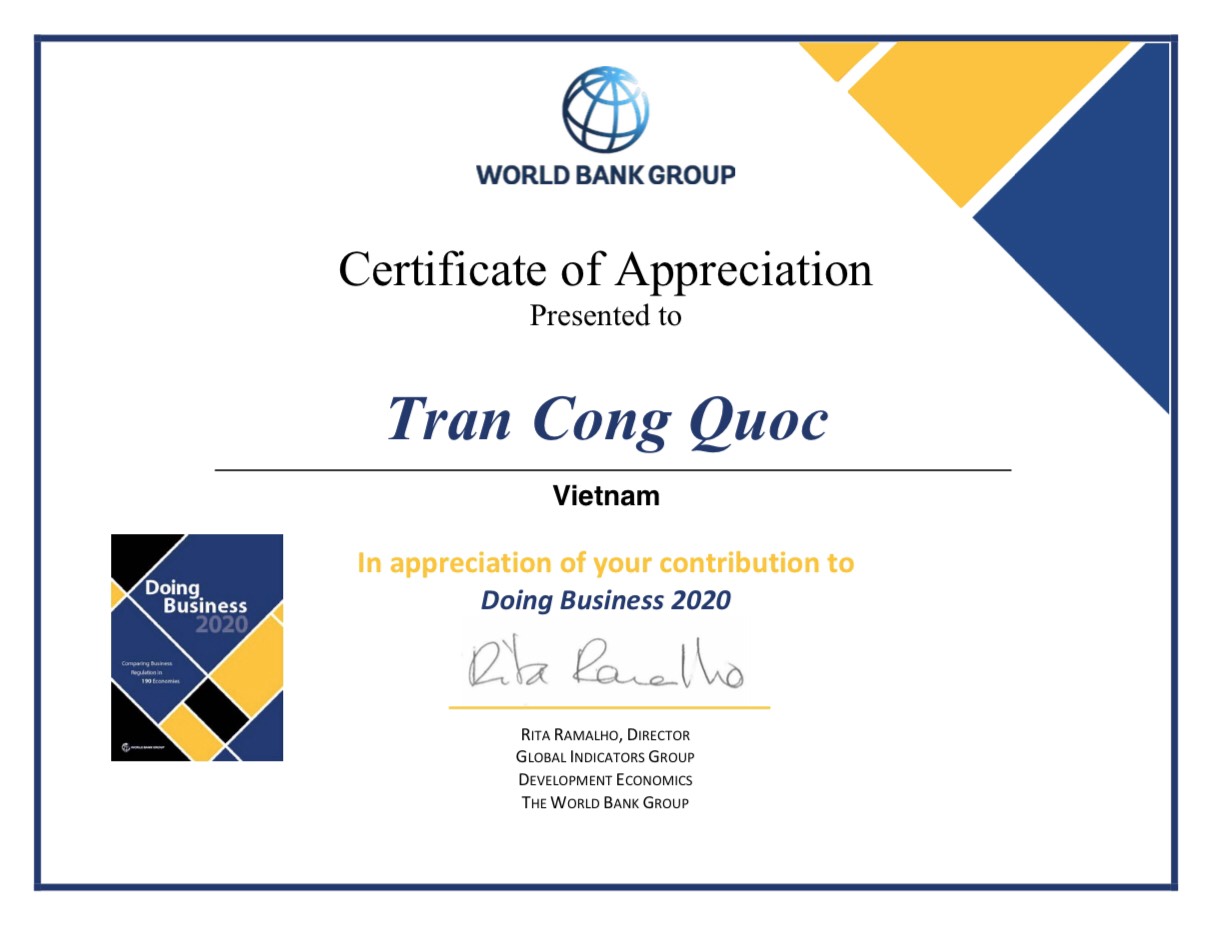April 6, 2020

After a long time in the drafting stage, the Government issued Decree No. 10/2020/ND-CP (Decree 10) on January 17, 2020, regulating automobile transport business and conditions for conducting automobile transport business, replacing the Decree No. 86/2014/ND-CP dated September 10, 2014 (“Decree 86”). Decree 10 shall officially take effect from April 1, 2020 and put an end to the pilot application of ride-hailing software for passenger transport business with e-contract which has been applied for more than four years. Some notable new features of Decree 10 are as follows:
Discrimination between automobile transport business providers and providers of application software supporting the transport connection
The most important new point of Decree 10 is the definition that “automobile transport business” means conducting one or more main transport activity (to directly coordinate the vehicles, drivers or to decide the transport fee) to transport passengers or goods on the road for profit. This definition helps discriminating automobile transport business providers from providers of application software supporting the transport connection by the factor of directly coordinating the vehicles, drivers or deciding the transport fee or not.
Furthermore, the Decree also defines “Coordinating vehicles, drivers refers to the process where an organisation or individual assigns a passenger or freight transport task to a driver via the application software supporting the transport connection, a transport order or a transport contract”. This shall help to determine whether technology companies providing ride-hailing transport services be considered as transport business providers or not. If yes, such companies shall be required to obtain Automobile Transport Business Licence and are subject to legal regulations binding automobile transport business companies, including the requirement to sign labour contracts, pay kinds of insurances, periodical health check and other benefits for their employees, including drivers and supporters on automobile.
Relaxing taxis from requirement of light boxes fixed on the car roofs
According to previous regulations, taxies were required to have light boxes with the word “TAXI” fixed on the roof. Now, Decree 10 allows passenger transport by taxi businesses the option of either fixing light boxes with the word “TAXI” on car roofs with a minimum size of 12×30 cm or posting (affixed) the phrase “XE TAXI” (“TAXI CAR”) made of reflective material on the front and rear windshields with the minimum size of the phrase “XE TAXI” (“TAXI CAR”) being 6 x 20 cm.
Rented automobiles, tourist automobiles must have signages and all required information affixed on the vehicle’s bodies
To prevent the problem of illegal transport vehicles, illegal temporary station, Decree 10 requires the rented automobiles to have the signage of “XE HỢP ĐỒNG (“RENTED AUTOMOBILE”), the tourist automobiles to have the signage of “XE DU LỊCH” (“TOURIST AUTOMOBILE”) affixed beneath the front windscreen on the right-hand side of the vehicle.
At the same time, rented automobiles and tourist automobiles must be posted (affixed) with the words “XE HỢP ĐỒNG” (“RENTED AUTOMOBILE”), “XE DU LỊCH” (“TOURIST AUTOMOBILE”) made of reflective materials on the front and back windshields of the vehicle.
Mandatory installation of cameras for passenger transport business automobiles of nine seats (including drivers) or more, trucks and tractors
Decree 10 requires passenger transport business automobiles of nine seats (including drivers) or more, trucks and tractors to be equipped with cameras to ensure the recording and archive of images inside the vehicles (including driver and vehicle doors) during the course of traffic before July 1, 2021. Duration of retention of these images is at least 24 hours or 72 hours depending on the operating distance of the vehicle. The image data must be provided to the competent authority upon request.
Requirements for taxis equipped with the ride-hailing software
Taxis using ride-hailing software capable of booking, cancelling and charging rides must be equipped with a device directly connecting with passengers for booking and cancelling rides; the ride is charged based on the distance showed on the digital map and the ride charging software must comply with regulations of laws on electronic transactions.
In particular, when finishing a ride, companies using ride-hailing software must send e-invoices to passenger via the software and send the invoice’s information to its supervisory tax authority pursuant to regulations promulgated by the Ministry of Finance.
Beside above notable points, Decree 10 also provides for several other new regulations to meet with the needs for management of technology companies providing ride-hailing transport services which are expected to create a fair competitive environment for traditional taxi and technology taxi in Vietnam.
https://www.inhousecommunity.com/article/vietnam-new-regulations-automobile-transport-business/
Ha Hai
M: (84) 96 371 8558
E: [email protected]
Phan Minh
M: (84) 90 462 1350
E: [email protected]













